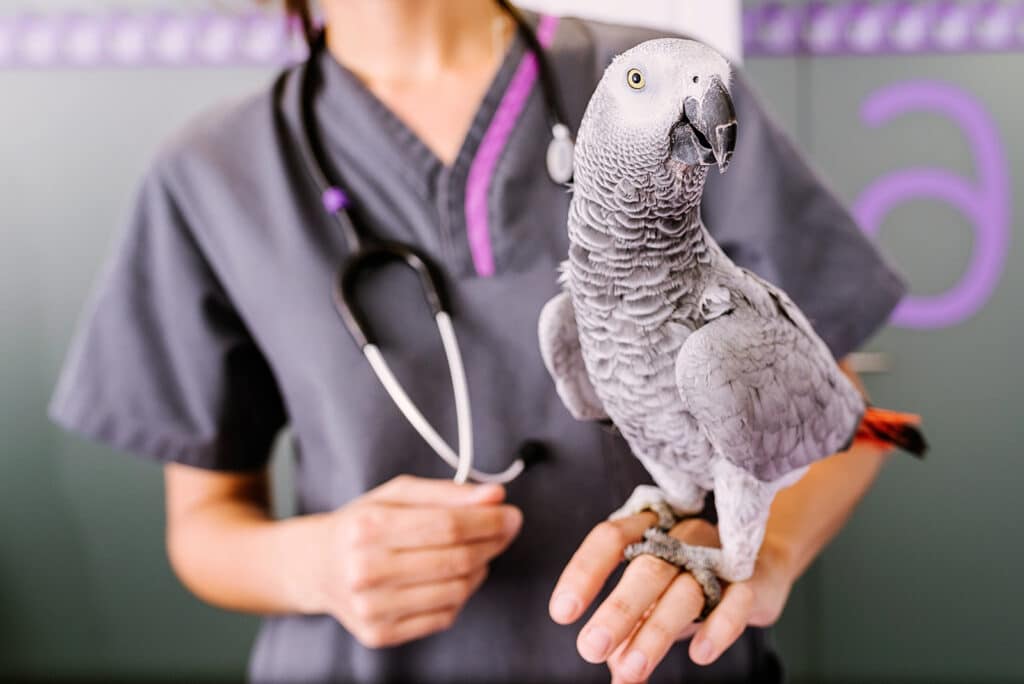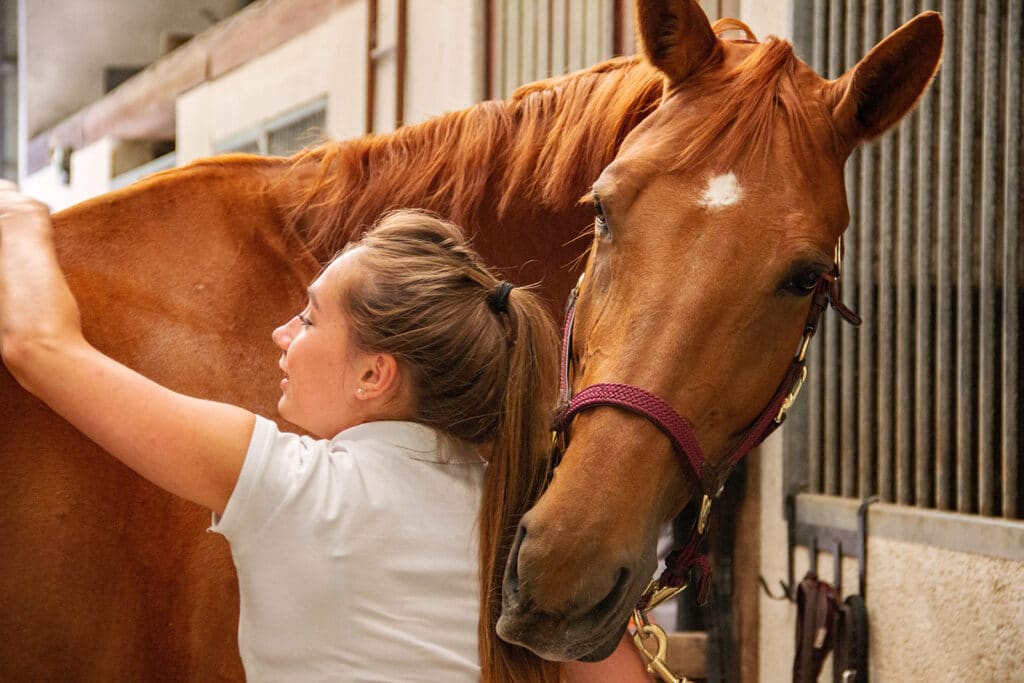Four-legged, furry friends make a world of difference in our everyday lives, and it’s hard to imagine life without them. From cuddles and snuggles on the couches to gallops in the outdoors, animals provide us with companionship, loyalty, adventure and unconditional love, which is why working with animals can be one of the most rewarding job careers.
Because animals play a prominent role in our lives, so many jobs involve providing care and attention to allow them to live healthy and happy lives. Whether it’s dog grooming or shoeing horses or treating illnesses and diseases, jobs in animal care are a great way to get involved in the community and help out some furry friends.
People with a natural love for animals and compassionate nature will find an array of rewarding jobs. So if you’re considering a career in the world of animals, use this guide as a starting point to discover what animal carers involve, the skill sets required and how you can go about getting a job.
What does an animal carer do?
Ranging from a number of skill sets, knowledge and experience, an animal carer has a diverse span of job requirements. Depending on which field you go into, your job requirements will vary. However, one thing is prevalent across careers with animals; the work is emotionally and physically demanding, and often hours can be extensive. Yet, it’s one of the most personally fulfilling jobs that results in you making an extremely positive contribution and difference to an animal's life.
As an animal carer, you’ll be responsible for the well-being of an animal, and you’ll be employed in various settings. Each position comes with its own set of expectations, and given that it’s a profession, you will most likely specialise in one aspect of an animal care job. For example, if you were to study a ‘Veterinary Support Assistant’ course, you would specialise in various tasks that assist the work done at a veterinary client. This knowledge wouldn’t overflow into Zoology, nor stable work or work in research labs. This is why it’s essential to gain experience in a realm of fields to ensure you find a position that brings you the most satisfaction.
Animal shelters
Jobs in animal rescue can be incredibly taxing, but they also make the most difference in the world. Often you’ll work with animal hospitals and veterinary technicians to provide basic care to animals in need.
Veterinary clinics
Working in a veterinary client requires you to study veterinary sciences or do a course in veterinary assistance. Vets commonly work with family pets like dogs, cats, rabbits and birds.
Stables
Physiotherapists can work daily with horses, while farriers can inspect, shape, and trim horses’ shoes. Working with horses is a job that requires you to specialise, and it’s great for those who love spending their time outdoors and on the move.
Livestock yards
Working with livestock involves a variety of tasks and skillsets. It ranges anywhere from grooming animals to feeding and preparing medications.
Zoos
Zookeepers are responsible for preparing meals, cleaning enclosures and monitoring the animal’s behaviour. Zookeepers can also play a role in research studies and should have various knowledge and passion for answering visitors’ questions.
Research labs
Working in a research laboratory can involve catering for the animals, administering medications, feeding and cleaning, as well as studying samples and gathering information.
Aquariums
Similar to zookeepers, aquarium workers ensure that marine animals stay healthy and disease-free. Work often involves checking water temperatures, monitoring water cleanliness and reporting any problems.

How to get a job working with animals
Most entry-level animal carer jobs require you to be educated to GCSE level. However, the qualifications needed to gain employment would vary depending on the work you are interested in performing; most often, you will need to complete a course or degree if you’d like to become a vet or physiotherapist.
It’s important to remember that jobs that involve working with animals can be competitive. Therefore, basic education and qualifications won’t be enough to stand out from the crowds.
A great way to bridge the gap between GCSE levels and the qualifications needed to work with animals would be to complete relevant courses and volunteer to gain experience working with animals. Whether you’re volunteering or interning, you’ll have the opportunity to work closely with animals and professions, which can point you in the right direction as to which qualifications you will need to acquire.
Requirements needed for the following occupations:
- Vet: Degree in veterinary medicine
- Pet groomer: Grooming diploma
- Physiotherapists: Undergraduate degree in physiotherapy, which will be followed by postgraduate training in animal/veterinary physiotherapy
- Horse care management: Horse care management course
- Dog behaviourist: A range of courses, such as a dog health and behaviour level 2 course
- Zoologist: Bachelor of zoology degree (Zoology level 3 course is an added benefit)

Jobs with animals
There’s no shortage of jobs that involve working with animals. Some of which don’t require degrees, making it a possible job opportunity for any animal lover.
Animal care worker positions:
- Physiotherapist
- Animal trainers
- Guide dog instructors - no degree needed
- Dog handlers
- Kennel attendants - no degree needed
- Pet sitters - no degree needed
- Groomers - no degree needed
- Animal rehabilitation
- Horse trainers - no degree needed
- Zookeepers
- Marine rescue officer
- Park ranger - no degree needed
6 Important qualities of an animal care worker
As mentioned, working with animals has its challenges, but the rewards soar high above the difficulties. If you feel like working with animals is your calling, the following qualities can be important to integrate into your lifestyle.
Patient
Understanding that animals are not always going to be responsive to you. Building a relationship with an animal will take time and effort, which requires a great deal of patience.
Compassionate
Being compassionate is a key characteristic of those who work with animals. It extends to showing compassion not only to animals but also to those around them.
Reliable
Animals workers need to stick to a schedule and meet deadlines.
Trustworthy
Given that the animals you will be working with belong to someone else, it’s essential that you gain the owner’s trust and demonstrate that you can care for their pets.
Empathetic
Empathy will allow you to put yourself in the shoes of the animal so that you best know how to care for them.
Good communication skills
Working with animals also involves working with several different people - whether it’s colleagues, specialists, owners or customers. Knowing how to communicate with others will put you in the best position for giving an animal the best possible treatment.
If you tick the above qualities and love animals then a career in animal care is perfect for you. To get started, speak to our learning advisers via Live Chat and browse our Animal Care courses.
